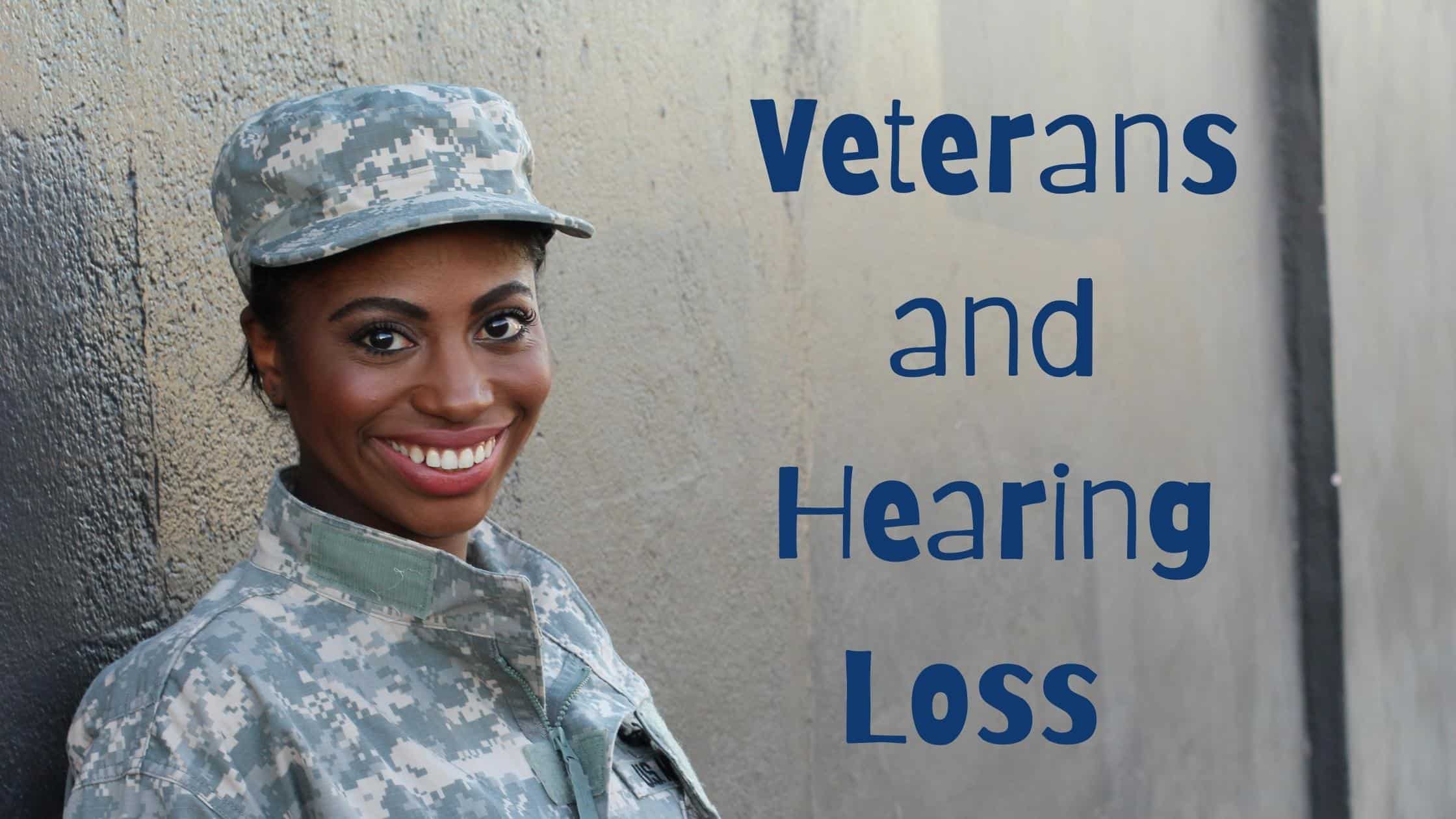
Hearing loss affects 48 million people in the US causing chronic depression, strains on relationships, self-isolation, cognitive decline and a heightened risk for accidents if left untreated. One demographic that is most affected by hearing loss are Veterans. A 2017 study found that there were 1.16 million compensation recipients for hearing loss and 1.79 million disability compensation recipients for tinnitus, a related condition of hearing loss. It is estimated that as of 2010, the VA buys one in 5 hearing aids sold in the US. This is most likely due to some of the loud conditions that people in the military are exposed to.
Noise Induced Hearing Loss
These days there are many ways to damage your hearing with loud noise. If you work in a noisy night club or concert venue, a factory setting or construction zone, then your employer is required to provide hearing protection to employees at no cost of their own. Loud sounds can damage the tiny hairs of the inner ear which send sound information to the brain. This can begin slowly and become more severe overtime making it all too easy to not even be aware of your depleting hearing.
Hearing Loss in the Military
Even listening to headphones at too loud a volume for too long can cause permanent hearing loss. However, there is no job more dangerous to your ears than being in the military. Any sound that surpasses a sound measurement of 85 decibels can start to damage hearing. The longer you are exposed the more damage can incur. As the decibels rise, the amount of time it takes to damage hearing decreases. Over 10 years of exposure to 85 decibels can damage your hearing significantly. However, a blast from a firearm or explosion can reach 170-190 decibels which can cause irreversible damage in seconds.
Battling Noise
The VA reports that over 2.7 million veterans currently receive disability benefits for hearing loss or tinnitus, from exposure to loud noise while serving. Meanwhile, the Centers for Disease Control and Prevention reported that veterans are 30 percent more likely than non-veterans to have a serious hearing impairment. This number has skyrocketed since 9/11/2001. Among post-9/11 veterans, 414,000 suffer from irreversible hearing loss and tinnitus. It is estimated that 9/11 veterans are four times more likely than non-veteran civilians to suffer from hearing impairment.
Side Effects for Veterans with Hearing Loss
Hearing loss can cause a strain on the relationships in your life. It can make it exhausting to communicate, with many choosing to self-isolate instead. As this continues over years it is all too common for veterans with hearing loss to suffer chronic depression, anxiety, insomnia, cognitive decline and a greater risk of falls and accidents. Many veterans may not seem to have hearing loss at all on standard hearing tests but still suffer from speech comprehension due to a condition called auditory processing disorder. This disorder affects the way the auditory cortex processes sound and is caused by exposure to explosions. A 2015 study reported that 72% of Veterans with tinnitus also had a diagnosis of anxiety, 60% had depression, and 58% dealt with both depression and anxiety.
The Importance of Hearing Protection
While the military does stress the importance of hearing protection it is difficult to always be prepared and ready for any loud and unexpected noise. Understandably it’s all too easy to forget to put on hearing protection in a combat zone. Many soldiers damage their hearing in airplane hangars where the sounds of an airplane can quickly reach dangerous decibel levels. However, the most common causes of hearing damage in the military comes from prolonged exposure to unexpected noise such as weapons, tanks, heavy machinery and bombs. Many soldiers forgo wearing hearing protection, fearing it will compromise their awareness of a situation. The US military’s most recent technology in hearing protection will not compromise your hearing while still protecting your ears. Custom molded ear plugs can reduce the decibel level by 30 dB, making clear communication possible while preserving your hearing.
Seeking Treatment for Hearing Loss
If you are a veteran, the chances that you have hearing damage are higher than most. It can’t hurt to have your hearing tested. In fact, it may actually protect you from the dangerous side effects of hearing loss. Make an appointment with us today to have your hearing tested and help fight the battle against hearing loss.
